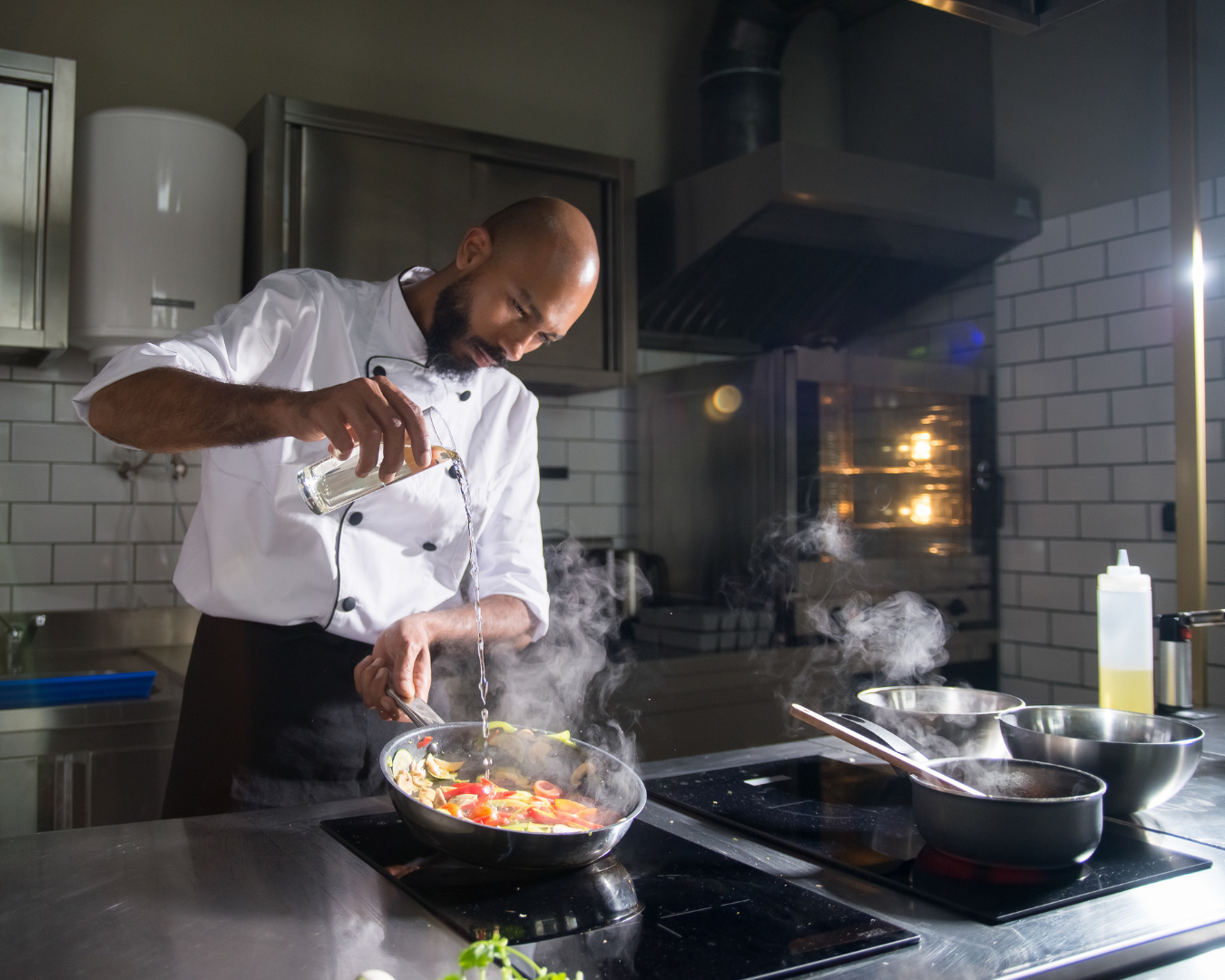Gas vs. Electric Ranges: Choosing the Right Option for Your Kitchen
When it comes to choosing a kitchen range, the decision between gas and electric can be challenging. Both have their own set of advantages and potential drawbacks. This post will help you understand the key differences between gas and electric ranges, so you can make an informed choice that best suits your cooking style and kitchen needs.
The kitchen range is one of the most essential appliances in your kitchen. It’s where you cook your meals, experiment with new recipes, and create culinary masterpieces. Choosing the right type of range can significantly impact your cooking experience. Let’s explore the pros and cons of gas and electric ranges to help you determine which one is the right fit for your kitchen.
Gas Ranges
Advantages
Instant Heat Control:
- Gas ranges provide instant heat that you can control with precision. The flame allows for immediate temperature adjustments, making it easier to achieve the perfect cooking temperature.
Even Heat Distribution:
- Gas burners distribute heat evenly across the bottom of the cookware, which is ideal for tasks like simmering sauces or searing meats.
Lower Operating Costs:
- Generally, gas ranges are cheaper to operate than electric ranges, especially if you already have a gas line installed in your home.
Continued Operation During Power Outages:
- Gas ranges can be used during power outages, provided you can light the burners with a match or lighter.
Disadvantages
Installation Costs:
- If your kitchen does not already have a gas line, the installation can be expensive and complex.
Safety Concerns:
- Gas leaks, while rare, can pose a serious safety hazard. It’s essential to ensure that your gas range is properly installed and maintained.
Cleaning Challenges:
- Gas burners and grates can be more challenging to clean than the smooth surfaces of electric ranges.
Electric Ranges
Advantages
Ease of Cleaning:
- Electric ranges, especially those with smooth, glass-ceramic cooktops, are easier to clean. There are no grates or burners to remove, and spills can be wiped away quickly.
Consistent Heating:
- Electric ovens provide very consistent heat, which is beneficial for baking. The steady temperature ensures even cooking results.
Versatility:
- Many electric ranges come with features like convection cooking, which circulates hot air for more even baking, and self-cleaning ovens.
Lower Initial Cost:
- Electric ranges often have a lower initial purchase cost compared to gas ranges.
Disadvantages
Slower Heat Response:
- Electric burners take longer to heat up and cool down compared to gas burners, making temperature adjustments less immediate.
Higher Operating Costs:
- Electricity is typically more expensive than natural gas, leading to higher operating costs over time.
Power Outages:
- Electric ranges will not work during power outages, which can be a significant disadvantage in areas prone to power disruptions.
Choosing between a gas and an electric range depends on your cooking preferences, kitchen setup, and budget. If you value precise temperature control and often cook dishes that require high heat, a gas range might be the best option for you. On the other hand, if you prioritize ease of cleaning and consistent oven temperatures, an electric range could be a better fit.
Consider the following questions to help guide your decision:
- Do you already have a gas line installed?
- How important is quick and precise heat control to your cooking style?
- Are you looking for a range that is easy to clean and maintain?
- What is your budget for both initial purchase and long-term operating costs?
By weighing these factors, you can select the range that will enhance your culinary endeavors and best meet your kitchen needs.

